By Jae-Ha Kim
jaehakim.com
October 20, 2020
☆☆☆☆
Ye Jin-Woo (played by Lee Dong-Wook)
Koo Seung-Hyo (played by Cho Seung-Woo)
↑Note: Korean names denote the surname followed by the given name.
“Life” takes place in a prestigious Seoul-based hospital where the overworked staff are at odds with its greedy chaebol owner, who is eager to turn the facility into a private, for-profit organization catering to maintaining the health of the wealthy. As protagonist Jin-Woo points out, what the hospital will become — if the doctors don’t fight back — is the equivalent of a Disneyland VIP pass, where those who have enough money can bypass those waiting in line to cut to the front.
By the end of the series, there will be some resolution that will give viewers a sense of satisfaction, albeit open ended.
But once you get past the backdoor deals, backstabbing and subterfuge, the meat of the story is the human relationships — sometimes between unlikely allies.
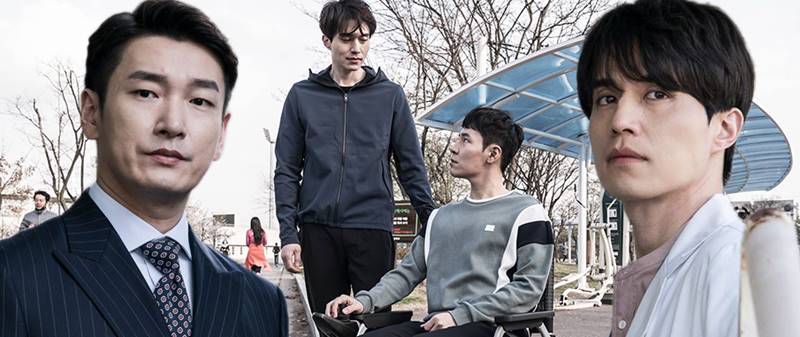
The acting in this series is superb, with standout performances by so many actors, including:
• Yeom Hye-Ran portrayed Seung-Hyo’s personal assistant Kang Kyung-Ah, my favorite character in this series. Whipsmart and filled with noonchi, she knew when to interject, interfere and back off. The superb actress was also a scene stealer in a completely different kind of role in “When the Camellia Blooms.”
• Jung Moon-Sung, who played kindly characters in “Hospital Playlist” and “Prison Playbook,” is almost unrecognizable as the seething Jo Nam-Hyung, the immoral chaebol who doesn’t care about the hospital staff or its patients — as long as his profit margins go up. He sends Koo Seung-Hyo to Sangkook University Hospital to make sure the departments that are sieving profits are cut.
• Lee Kyu-Hyung (“Prison Playbook,” “Hi Bye, Mama,” “Stranger“) turns in another beautiful performance as Jin-Woo’s wheelchair-bound younger brother, Seon-Woo. An orthopedic specialist whose primary job is as a judge at the government’s health insurance review and service, he is filled with guilt over his father’s death.
• Won Jin-Ah plays Lee No-Eul, an idealistic pediatrician who everyone thinks is dating her friend, Jin-Woo. I really enjoyed how this series set up premises for romance, without making them the center of the story arcs. No one’s love life was more important than their work. No-Eul is the voice of reason, who sees both sides with clear eyes, but also chooses to look for the good in everyone.
• Yoo Jae-Myung is a terrific, understated actor. I loved to hate him in “Itaewon Class,” loved his goofiness in “Prison Playbook” and could feel his torment in “Stranger.” Here, he plays Dr. Joo Kyung-Moon, whos is soft spoken and overworked and kind almost to a fault.
• Yet another actor from “Stranger” has a prominent role. Whenever I see Tae In-Ho (“Misaeng,” “Stranger“), I know he’s going to a bit of a troublemaking weasel. And he is. (But he also isn’t…)
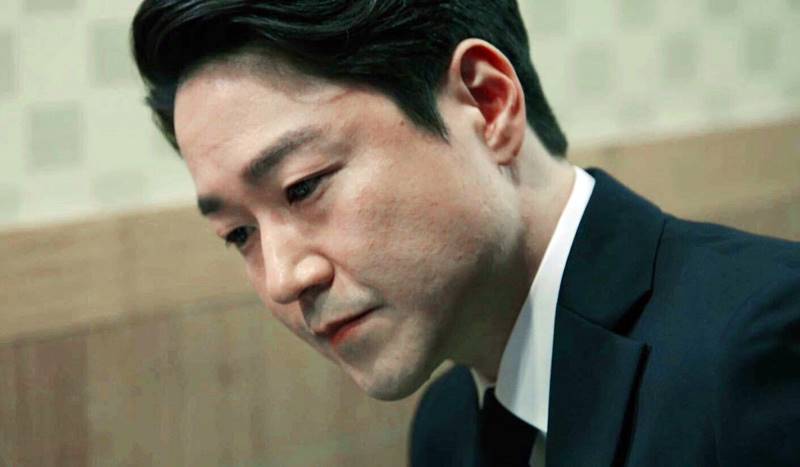
Lead actors Lee Dong-Wook and Cho Seung-Woo are so good at portraying an E.R. doctor and the new hospital president, respectively, that they draw out the humanity of the conflicted and complicated characters. They both do wrong things at times for different reasons. But despite all their butting of heads, they ultimately have similar goals.
Airdates:
Sixteen episodes — about an hour each — aired from July 23 to September 11, 2018 on JTBC.
Spoiler Alert:
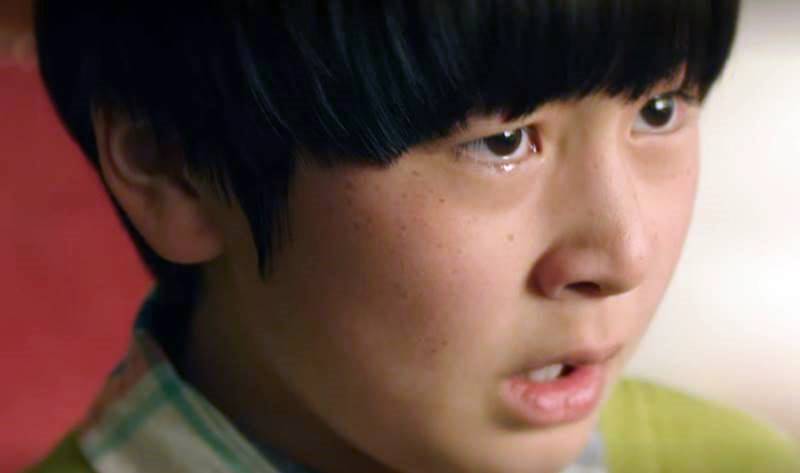
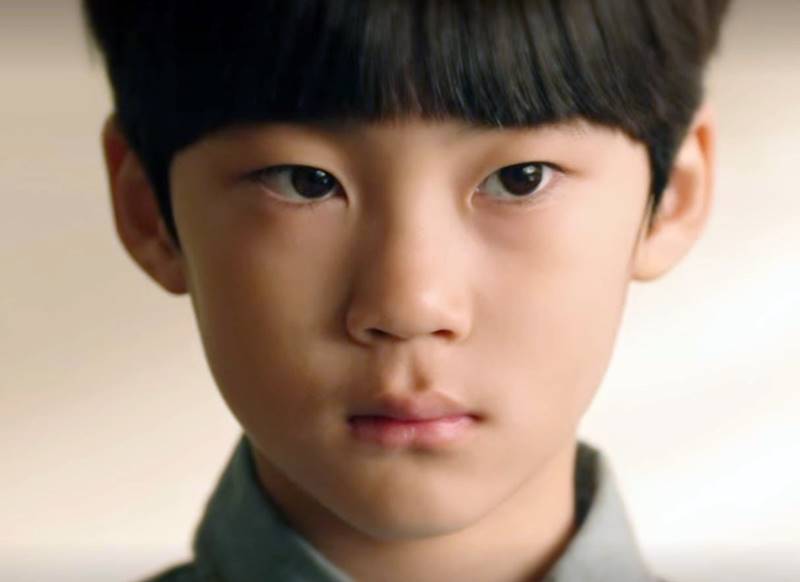
Early on in the series, there is a moment when viewers are left wondering whether there is an “I see dead people” element (as in “The Sixth Sense”) to this K-Drama. Though we’ve already been introduced to Seon-Woo as wheelchair bound, we see Jin-Woo interacting with him — in the present — where Seon-Woo is literally walking and has full use of his legs.
As children, Jin-Woo was the academic, while Seon-Woo was both brainy and athletic. Because he had to stay home with his mother to study for an exam, Seon-Woo attended a soccer game alone with their father. On the drive back home, Seon-Woo kept throwing a soccer ball playfully towards his father, which resulted in a car accident that killed his dad. Jin-Woo is ridden with survivors’ guilt. In order to cope, he creates an imaginary version of his brother that only he can see. And in that version, Seon-Woo is able bodied and healthy. This was an unusual move that was confusing for viewers early on. But it played out at a languid pace, until we learned along with Jin-Woo that his imaginary vision represented himself and not Seon-Woo.
Seon-Woo has had a longtime crush on No-Eul. When he confesses to her, it is heartbreaking to see the discomfort between the two of them. He knows she doesn’t feel the same way, but wanted her to know. By the time he confesses, she has already developed feelings for Seung-Hyo. But even without her own romantic interests, she never thought of him as anything other than Jin-Woo’s kid brother.
Lee Joon-Hyuk (“Stranger“) has a nice cameo in the finale, as Jo Nam-Jung — Jo Nam-Hyung’s younger brother, who has returned to Korea from the United States to take over as President of Sangkook University Hospital. That’s one way of keeping all the power within the family. Though a beauty of K-Dramas is their one-season-and-done setup, there’re still more stories to be told here. I would love to see a sequel to “Life.” And, yes, I would love to watch Lee Joon-Hyuk shake things up.
© 2020 JAE-HA KIM | All Rights Reserved
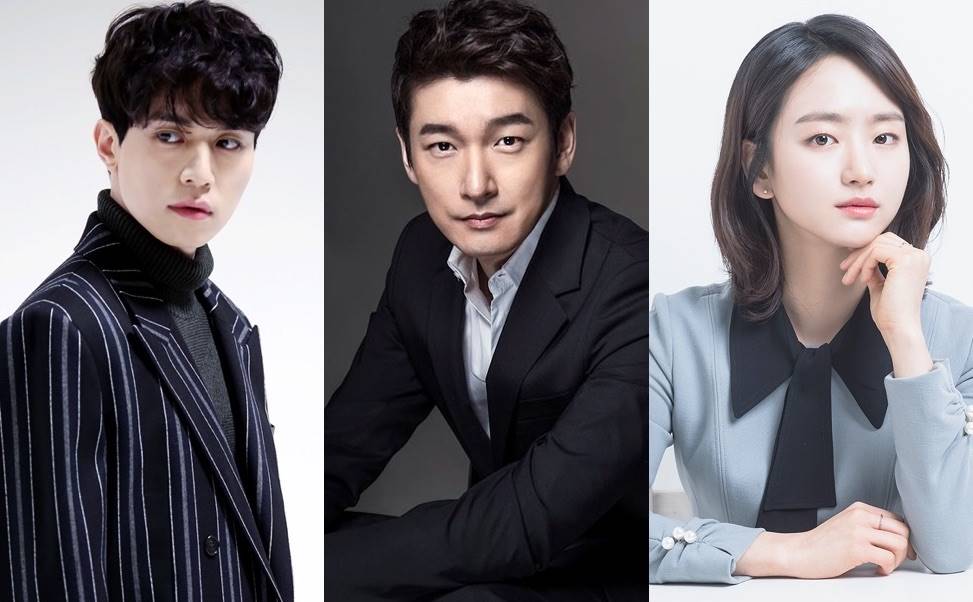
Thank you for explaining who Lee Dong-Wook’s imagery friend is. At first, I thought he could see and speak to a ghost.